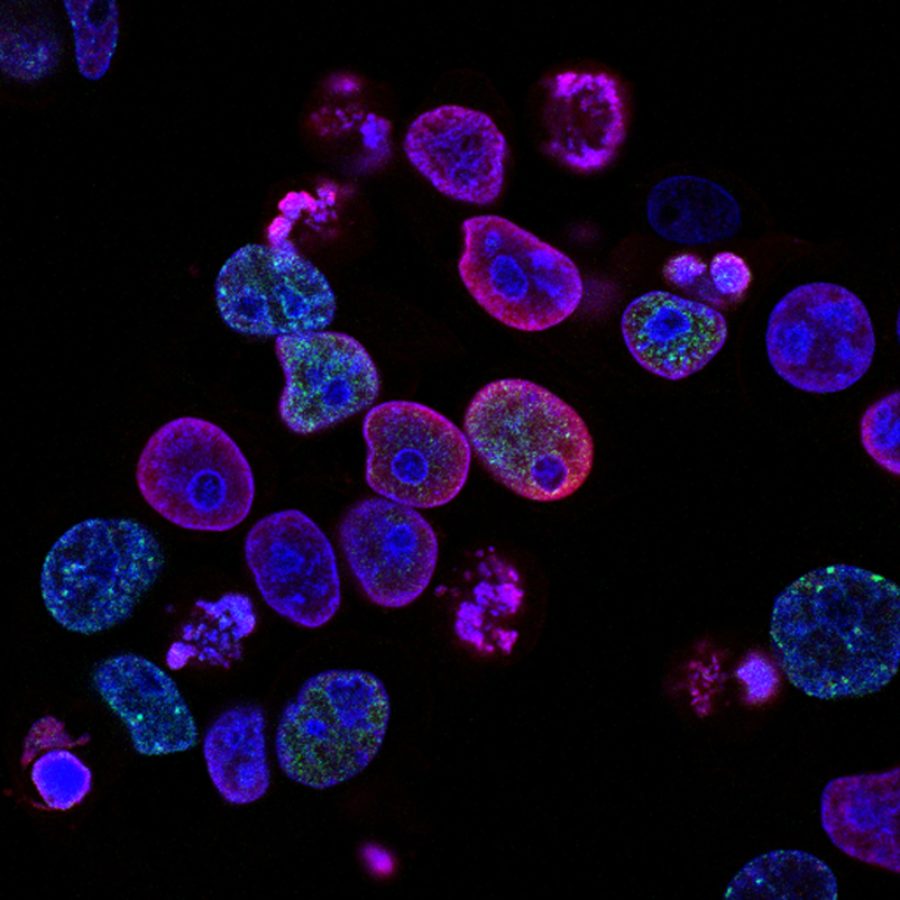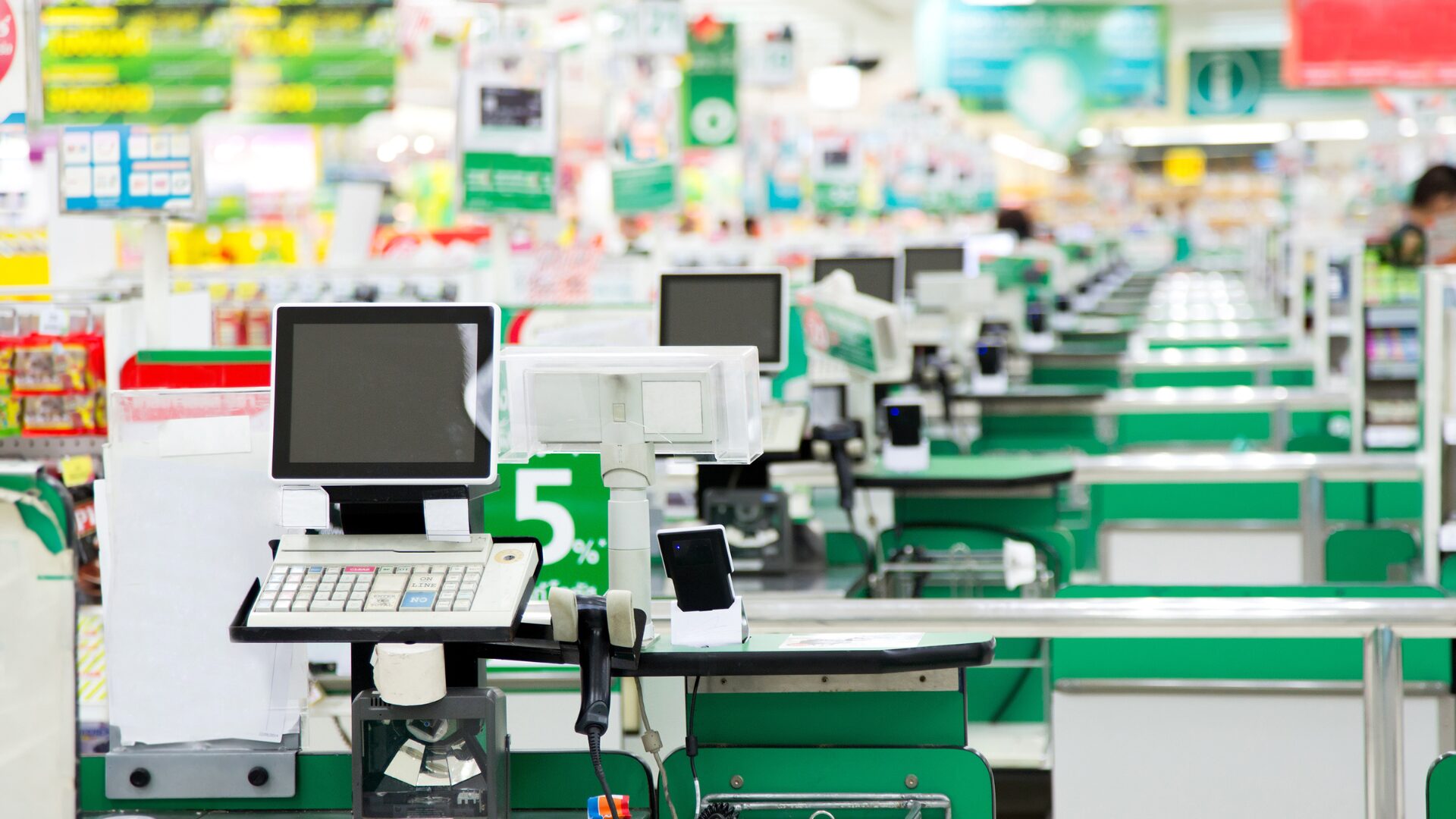Editor’s note: Leah Zitter is a longtime Food Tech/Agri Tech writer with a PhD in Research.
Welcome to our Food Tech news roundup! Given that recent days have dished up slathers of technology news within the food industry, here’s a spoonful of the spiciest.
Startup Makes World’s First Sale of Lab-Grown Meat
In a landmark moment for the meat industry, lab-grown meat received its first regulatory approval, as food safety officials in Singapore allowed U.S. startup Eat Labs to sell its first “chicken bites”, according to a Reuters report. Lab-grown, or cell-based, meat differs from plant-based meat in that the product is culturally grown from the animal’s cells, avoiding ethical issues while you still get the “real deal”.
Although prices for this product are more expensive than conventional chicken, Eat Labs predicted a significant price drop once production had scaled. Until then, you can buy the bites only from an exclusive restaurant in Singapore.
A Sensor That Quantifies Food Allergens in Two Minutes
Taiwan’s User-Friendly Sensor and Tech is a company that focuses on food safety conditions. January 12, the company announced that it had developed the Test Food Allergen Detection System (TADs), a smart sensor that helps consumers quantify their allergens in under two minutes.
The device helps users store, analyze and share that data through the cloud. It also gives users customized diet suggestions and a map to locate gluten-free restaurants and tested products.
Each year in the United States, 200,000 people need emergency medical care for allergic reactions to food. Taiwan’s food app helps you track food traceability and gives you peace of mind when searching for gluten-free products.
Creating Compostable Coated Paper for Food Packaging
Around three percent of plastic bottles, straws and food containers end up in oceans each year, in what’s arguably one of the world’s greatest environmental problems: Single-use plastics.
Recently, Johnson & Johnson Green Paper, a Miami, Florida startup, announced its solution, according to a report by Packaging Connections. It’s a green paper technology, called Janus, made from plants.
The J&J Green Paper’s technology can be custom-shaped. It’s organic and has the same moisture resistance as regular petroleum-coated products. Unlike your traditional paperware, J&J’s green paper technology is eco-friendly, biodegradable and compostable. Naturally, it’s recyclable, too.
The company, which invested eight years on this innovation, finalized a multicountry deal with CST Green Resources Limited of Hong Kong and expects to announce additional deals with other international companies through 2021.












